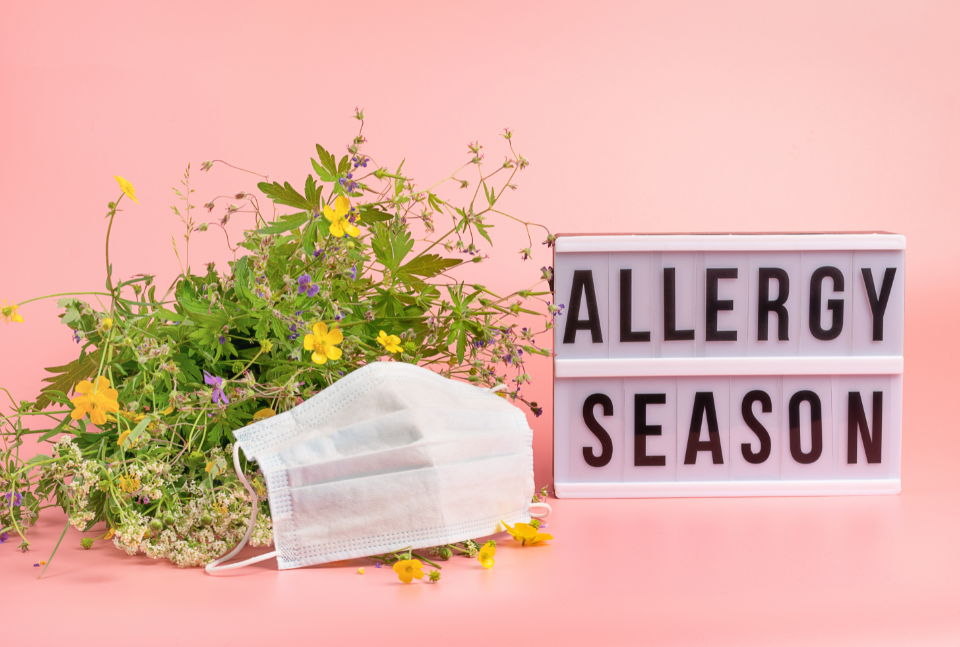Common seasonal allergies in older adults include hay fever or seasonal allergic rhinitis. As the name indicates, it predominantly occurs in the spring season. High exposure to dust, pollen, mites, mold, and mild dews are common causes of seasonal allergies in elders. Poor hygiene and unhealthy eating habits can also weaken immunity and make the elders prone to allergies.
Symptoms
- Stuffy or runny nose
- Watery and itchy eyes
- Soreness and itching of the throat
- Coughing
- Sneezing
Tips for seasonal allergies
Following are some tips for preventing and managing the symptoms of seasonal allergies in old age.
Hygiene measures
In old age, we should look for the symptoms and maintain hygiene at home. During the spring season, we must try to keep our homes pollen-free. We should also prefer to keep home windows closed during allergies and use air conditioning to keep the home allergen-free and cool.
Healthy diet
Immune-boosting foods that enhance our immune system functioning and keep us active can help us overcome seasonal allergies in old age. These include apples, ginger, strawberries, turmeric, berries, vitamin C-rich foods, tomatoes, probiotics, foods that contain quercetin, fatty fish, green leafy vegetables, and walnuts, which can boost immunity and prevent allergies in elders.
Dehumidifiers
Mold, dust mites, and mildew are the most common triggers of seasonal allergies. Thus, we can use a dehumidifier to prevent ourselves from them. An important consideration about dehumidifiers is selecting the humidifier per room capacity.
Anti-allergic medications
Antihistamines are first-generation medications, such as diphenhydramine or chlorpheniramine, which are helpful to treat itching or sneezing. Second-generation histamine is also effective for elders and is available in oral and drop forms. Some nasal sprays are also available that clear nasal passage and ease breathing. Fexofenadine tablet aids in easing runny nose and sneezing.
Note: Avoid using anti-allergic (antihistamine) medications while driving because most can make you sleepy.
Minimize allergen’s exposure
Seasonal allergies occur due to enhanced environmental pollen, such as pollen, mold spores, grass, and trees. We can minimize outside trips, change clothes after returning from outside, and follow skin hygiene to reduce pollen exposure. Most importantly, using a face mask that covers the mouth and nose can reduce the incidence of seasonal allergies in old age.
Flu vaccine in old age
The Centers for Disease Control and Prevention (CDC) recommends flu vaccine for all people aged 65 or older as it can prevent influenza and has been proven to decrease the symptoms of allergic rhinitis.
Conclusion
Seasonal allergies tend to be common in old age due to low immunity and other age-related physiological changes. We should keep the home clean, maintain hygiene, use dehumidifiers, and prefer immunity-boosting foods. Moreover, anti-allergic medications can help decrease the severity of symptoms. Lastly, we should get flu shots each year after turning 65, as recommended by the CDC.
References:

